
The soldier knelt in the snow, took aim with a grenade launcher and fired to the side Russian troops which were about one and a half kilometers away. It was placed in a Ukrainian firing position and in appearance was no different from the rest of the Ukrainian troops fighting south of the city. Bahamutin one of the most brutal theaters of war.
However, he and his companions are not Ukrainians. These are soldiers of the all-Russian Ukrainian military unit. who fight and kill their countrymen.
They have taken up arms against Russia for various reasons: out of a sense of moral outrage at the invasion of their country, out of a desire to protect their adopted homeland, Ukraine, or out of general dislike for Russian President Vladimir Putin. And they have won enough confidence from Ukrainian commanders to take their place among the forces fighting furiously with the Russian military.
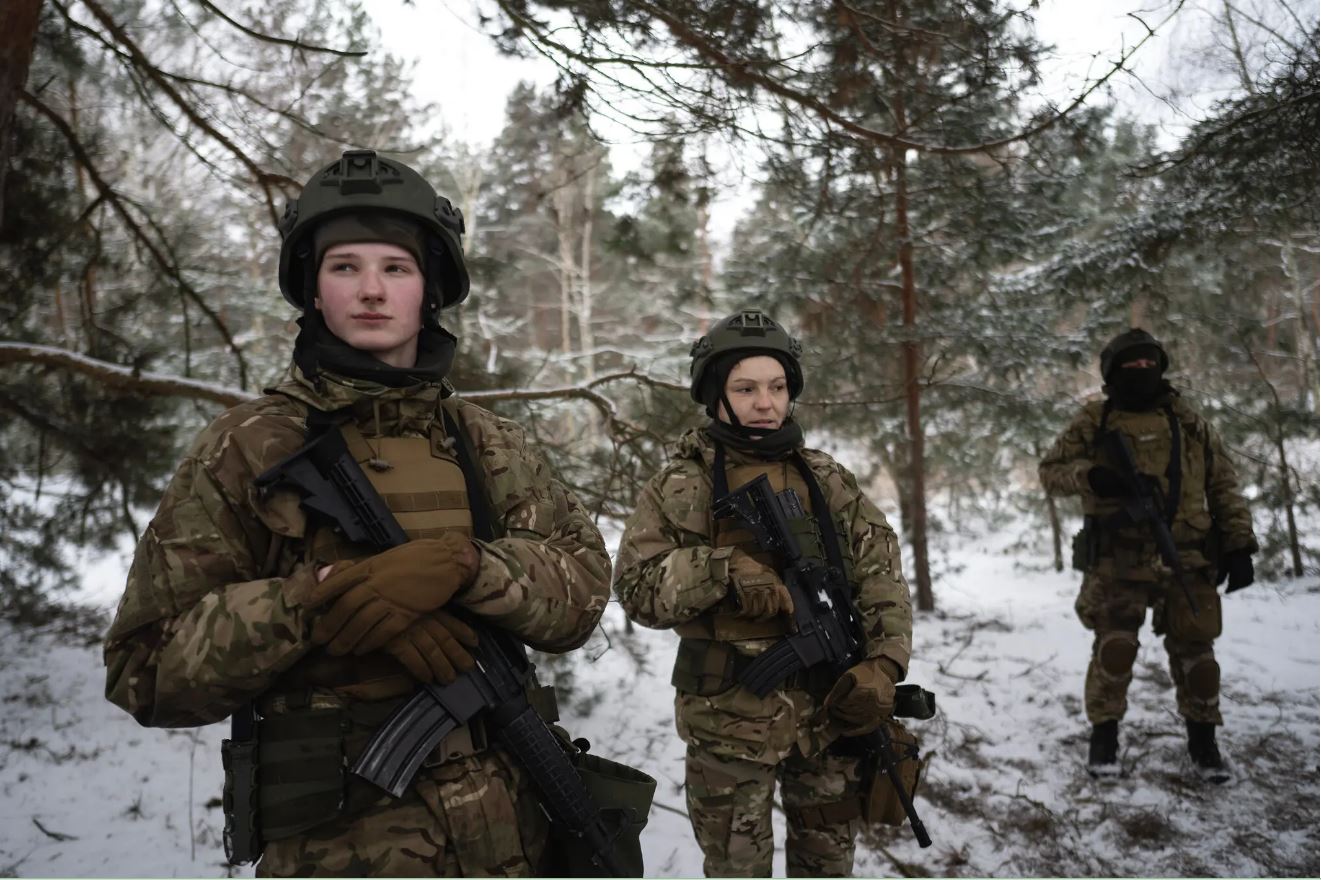
“A real Russian does not wage such an aggressive war, does not rape children, does not kill women and old people,” said a Russian fighter with the military surname Caesar, pointing to the atrocities committed by Russian soldiers; atrocities that prompted him to flee his homeland, leave St. Petersburg and fight on the side of Ukraine.
“That’s why I don’t regret anything. I do my job and killed a lot of them.”
Nearly a year into the war, the Free Russia Legion, as the unit is called, has received little attention, partly to protect its soldiers from Moscow’s retribution, but also because of the Ukrainian military’s unwillingness to focus on the efforts of the soldiers whose homeland has done so much harm to Ukraine. Several hundred of them are concentrated in the Bakhmut region in eastern Ukraine, officials say. They always gather with their people, but are controlled by Ukrainian officers.
Some Russian soldiers said they were already living in Ukraine when Russian forces invaded last year and felt compelled to defend their host country. Others, often with no military experience, moved to Ukraine from Russia after the war broke out, feeling that the Kremlin’s incursion was deeply unfair.
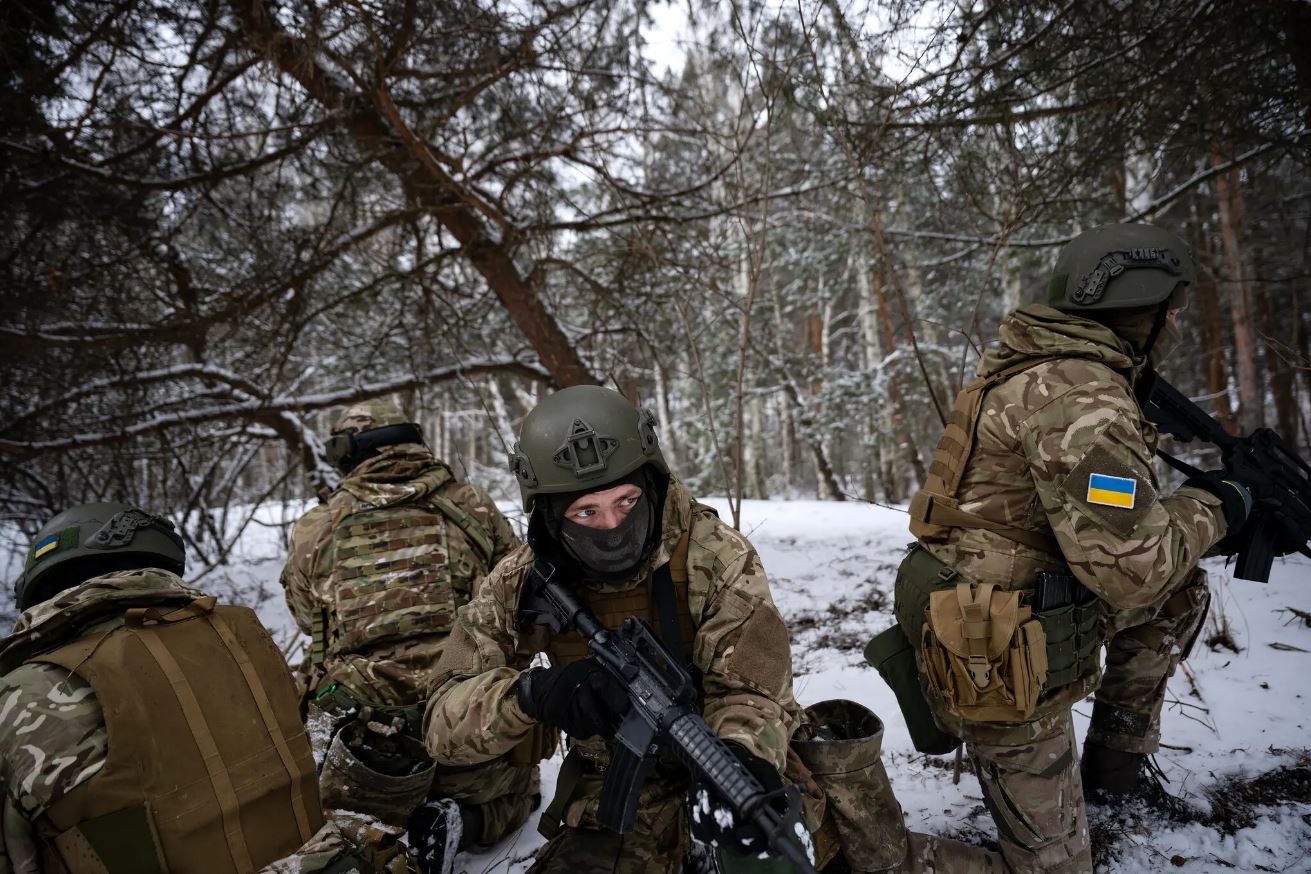
“We didn’t come here to prove anything,” said a soldier named Zaza. “We have come here to help Ukraine achieve the complete withdrawal of Russian troops from Ukrainian soil and the future “de-Putinization” of Russia.”
Fearing reprisals against their relatives, as well as against themselves, not one of the interviewed soldiers refused to give his name or give specific details of his life. In fact, last week the Russian Prosecutor General’s Office filed a lawsuit in the country’s highest court to recognize the Legion as a terrorist organization.
Zaza, a skinny blond who “should” look like a high school student, didn’t even reveal his age, only saying he was in his early 20s. According to him, after the invasion of Russian troops, he could not keep his mouth shut. His outspokenness and anti-war social media posts got him into trouble with the university administration and later with the police. When members of the Russian security service showed up at his door last fall, he decided it was time to pack up and leave.
He noted that he crossed the border with Ukraine and applied for a fight.
“At such a young age, it’s a little early for me to talk about my political views and my worldview, because they are now being formed,” he said. “But when your country is taken over by an evil man, you must take matters into your own hands.”
At the beginning of the war, Ukrainian law prohibited Russian citizens from joining the armed forces. In August, legislation was finalized that would allow the Legion to legally participate in hostilities, said Andriy Yusov, a spokesman for Ukraine’s military intelligence service.
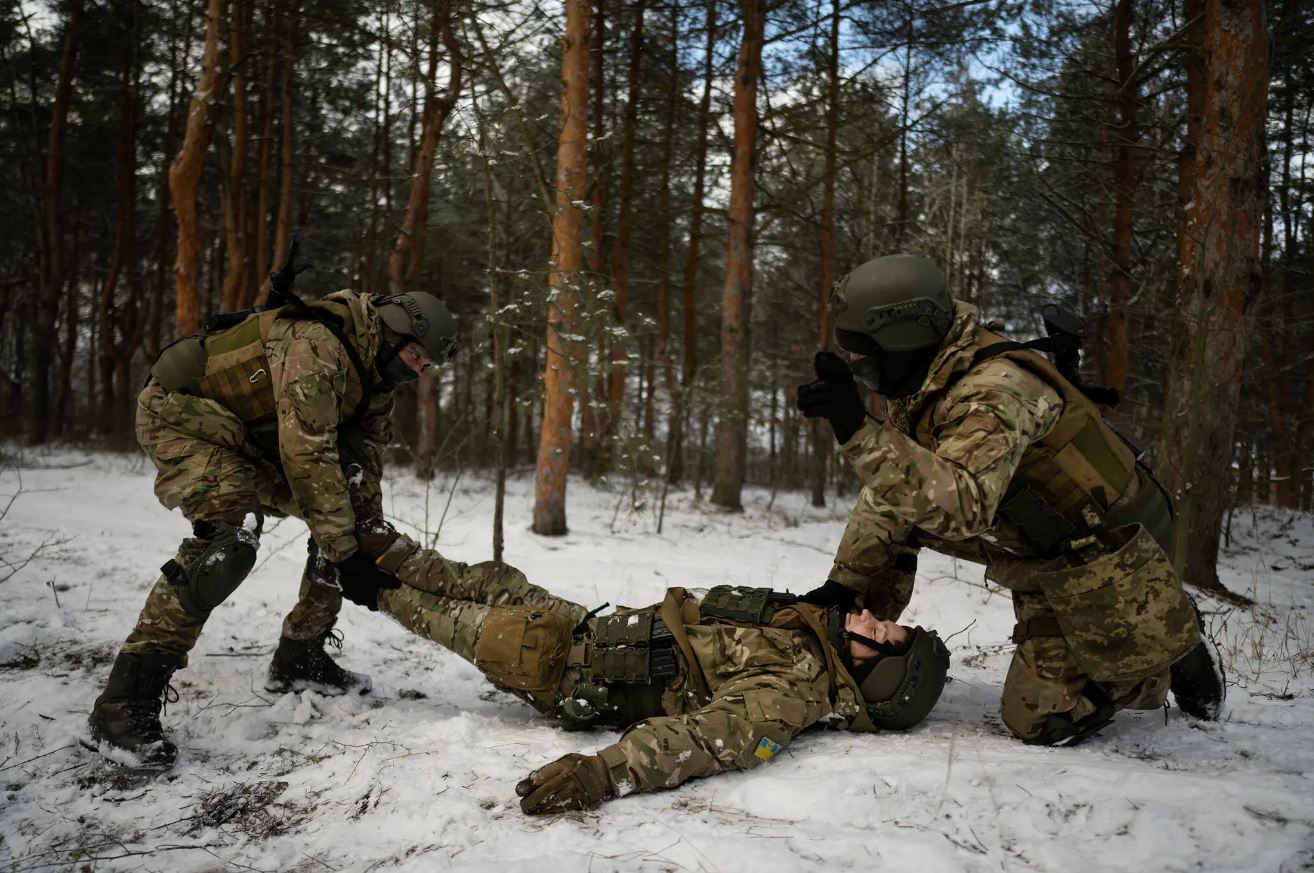
“There were a large number of Russians who, due to their moral principles, could not remain indifferent and were looking for a way to join the ranks of the defenders of Ukraine,” Yusov said, explaining the military rationale for creating the unit. “All the legionnaires came with a great desire to stop Putin’s hordes and free Russia from the dictatorship.”
The group operates under the auspices of the International Legion of Ukraine, battle group consisting of units consisting of American and British volunteers, as well as Belarusian, Georgian and citizens of other states.
According to Russian soldiers, joining them is not easy. They must apply for and pass an extensive background check, including a veracity test. Only then can they begin basic pre-training. Because of their Russian citizenship, they are inevitably treated with distrust. According to Yussoff, Russian spies made several attempts to infiltrate the Legion.
In a pine forest in the Kyiv region last week, a group of young Russians (recruits who had completed three months of basic training) practiced tactical retreat, mortar fire and basic medical practices under combat conditions. They were a prime example of international contributions that strongly influenced Ukraine’s response to the war: Russian soldiers trained with French-made 155mm mortars and armed with American-made M16 rifles.
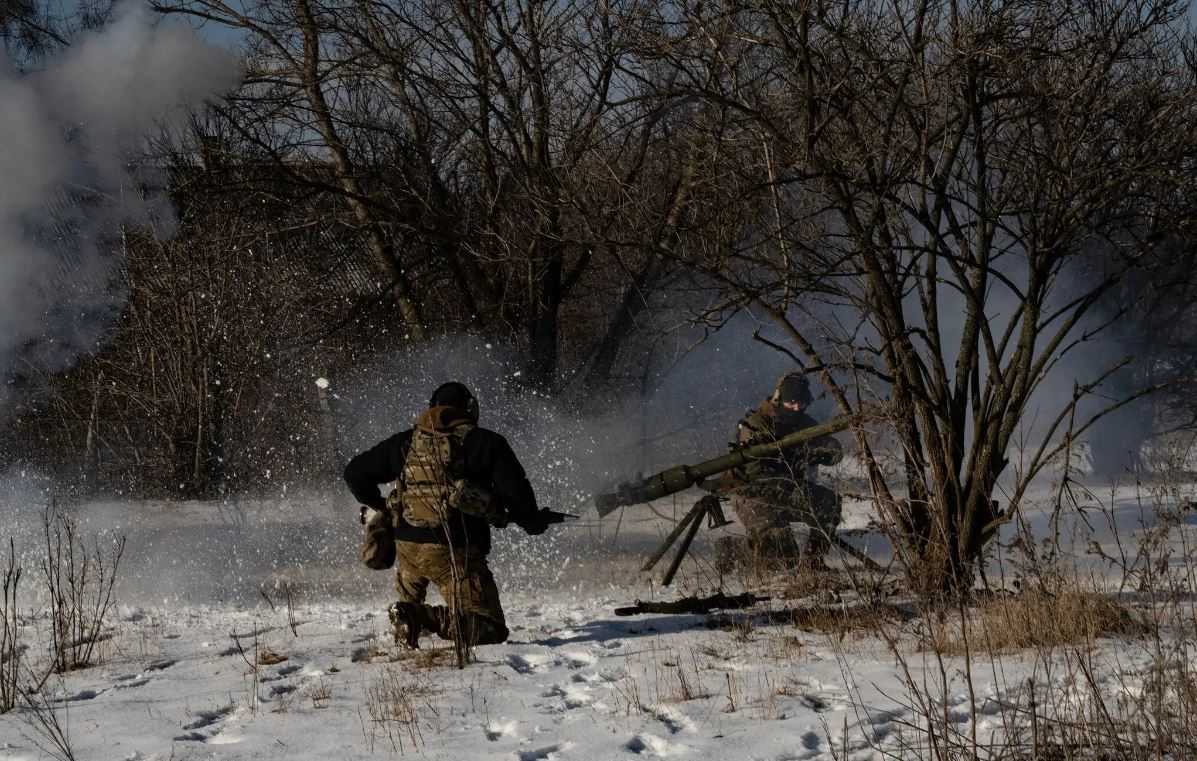
“It’s better than Kalashnikovs,” one soldier said of the M16. “I’ve fired about 1,000 shots and haven’t had any problems so far.”
The sounds of small arms and heavy artillery echoed through the forest as the instructor threw a mock grenade near a small group of soldiers to test their reactions. Most soldiers occupy positions in the rear, work in artillery or air reconnaissance units, use drones.
Although all instructors were Ukrainians, they spoke Russian fluently. At interviews, some recruits tried to say a few words in Ukrainian, but quickly switched to their native language.
“After about a month or two of getting used to it, they start using words like “thank you” or “fire,” said one of the trainers, who asked not to be identified.
The soldiers said they found it difficult to explain their decision to their families in Russia. Reports of atrocities committed by Russian forces, including massacres of civilians in the Kyiv suburbs of Bucha and Irpin, are dismissed as foreign propaganda at home.
“They don’t understand the whole truth,” said the 32-year-old soldier, nicknamed Miami, who said his parents urged him to fight for Russia. “They are told that bad people live here, and they believe it. They don’t believe that the second largest army in the world can kill ordinary people.”
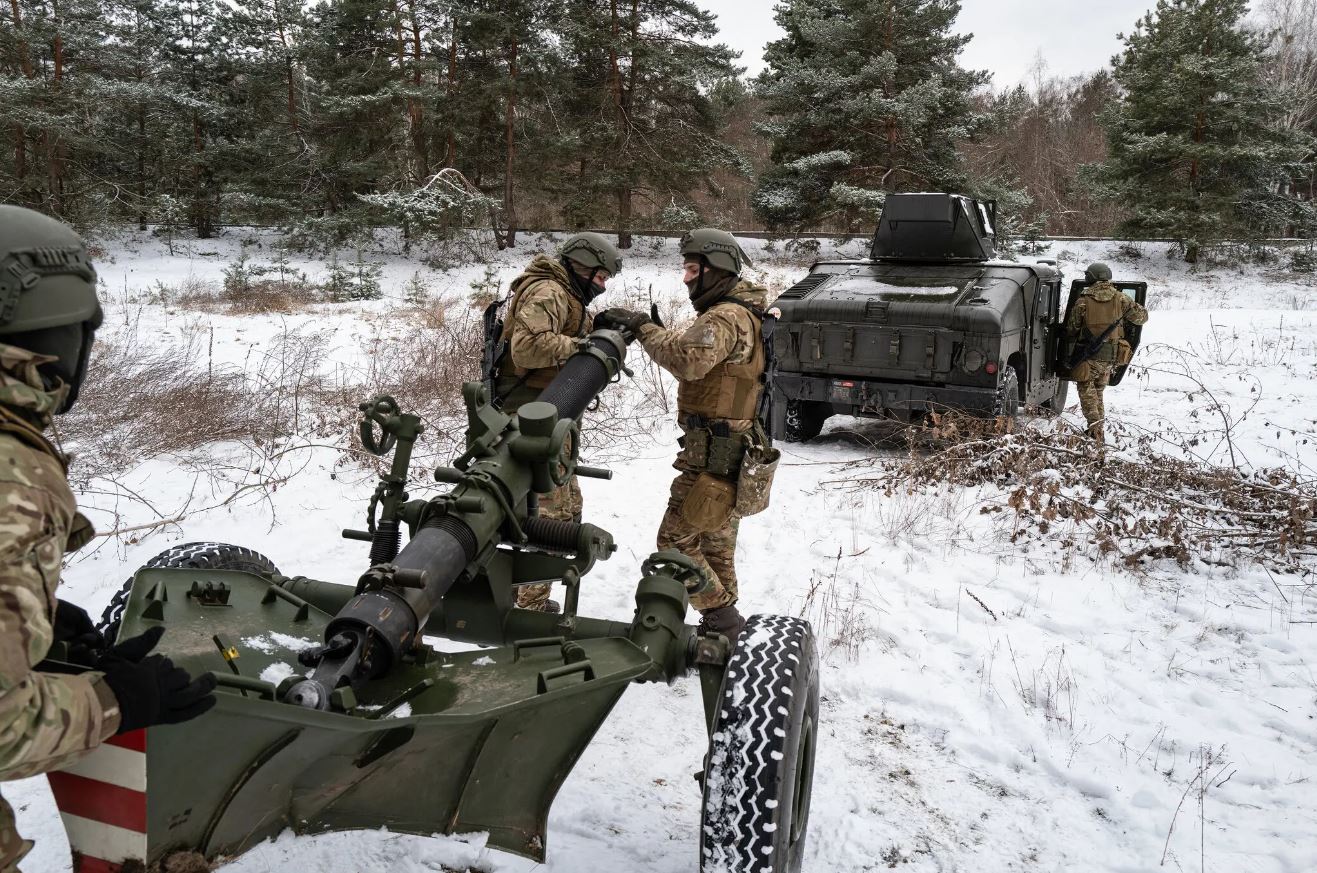
On the front in eastern Ukraine, a ceasefire never lasts long. Russian troops are hitting Ukrainian positions in an attempt to push them out of Bakhmut ahead of an expected offensive to capture the entire eastern region known as Donbass.
During a recent visit to a firing position, the exact location of which The New York Times does not disclose for security reasons, the ground shook and artillery shells pierced the clear sky. On that day, Russian troops fired a volley of Grad rockets into the area, injuring several civilians, but not soldiers.
“They are hitting everywhere,” said a gasping Russian soldier hiding in a trench next to small snow-covered farms.
Legion soldiers said they continued to hold their ground, but some had already begun to think not only about the direct battle, even about the war in Ukraine, but also about what would happen next.
“My duty is not only to protect the people of Ukraine,” said the 50-year-old Caesar. “If I stay alive after this stage and the entire Ukrainian territory is liberated, I will definitely continue to fight with weapons in my hands to overthrow the Kremlin regime.”
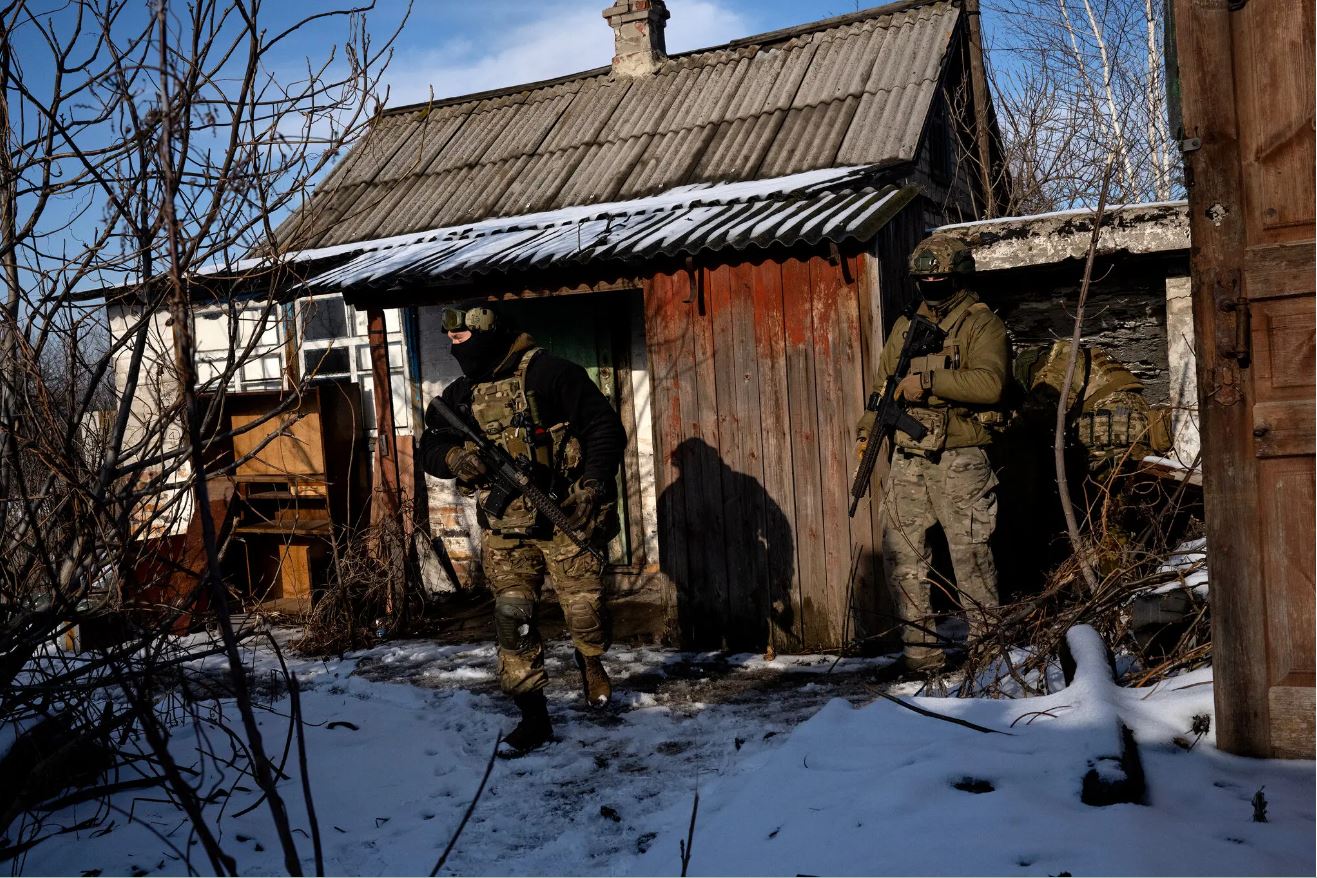
Caesar, who earned a reputation in the legion as an eccentric sage, said he was a staunch Russian nationalist. However, he believes modern Russia has gone off the rails, especially when it comes to invading Ukraine, he said.
He was once a member of the Russian Imperial Movement, which the United States describes as a violent extremist group, but said he left in part because the movement supported Russia’s 2014 annexation of the Crimean peninsula.
A senior Ukrainian military official overseeing the Legion said that Caesar “spent a lot of time finding the path he thought was ideologically correct,” adding that Ukrainian officials found no reason not to trust him.
Caesar, who moved his wife and four children to Ukraine over the summer, said he didn’t think he was fighting against compatriots, but against “bastards and murderers” who are above nationality.
“I am sitting here in front of you, an example of a Russian, an example of a person about whom Tolstoy and Dostoevsky wrote,” he said. “That’s the kind of person I am. Not them. They’re not Russians.”
New York Times source
Source: Kathimerini
Anna White is a journalist at 247 News Reel, where she writes on world news and current events. She is known for her insightful analysis and compelling storytelling. Anna’s articles have been widely read and shared, earning her a reputation as a talented and respected journalist. She delivers in-depth and accurate understanding of the world’s most pressing issues.